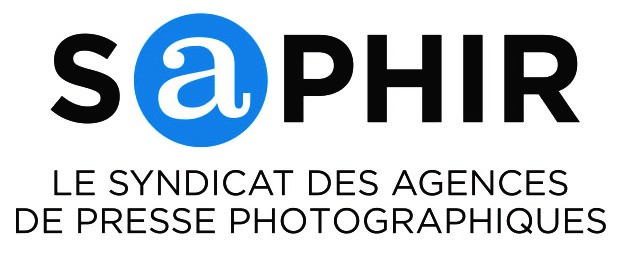May 23rd 2018 – On May 15th 2018, the Open Internet Project held a conference “In the aftermath of the Google Search (Comparison Shopping) decision: Fair and equal treatment of digital businesses” in Brussels, with the participation of MEPs Dr. Andreas Schwab, EPP Coordinator in the Internal Market and Consumer Protection Committee and Mr. Ramon Tremosa i Balcells, Liberal ECON coordinator, member of the Economic and Monetary Affairs Committee.
As an introductory note, OIP’s legal counsel Prof. Dr. Thomas Höppner outlined why despite marking a turning point in competition enforcement, the European Commission’s prohibition decision regarding Google Shopping did not yet achieve a fair and equal treatment of digital businesses. Referring to open investigations and new examples of anti-competitive conduct, he explained the overall strategy of dominant companies in digital markets and the need for regulatory reforms.
European digital actors that are exposed to companies abusing their dominant positions explainedthe new commercial conducts they are faced with, and explained which solutions could be envisaged. MEPs underlined their full support for OIP’s fight against anti-competitive conducts in the European digital economy and the need to find effective tools against any abuses of dominance.
• Qwant presented the difficulties to enter the market for mobile search services due to Google’s use of its operating system Android to impose Google as the default search engine on mobile devices;
• GNI1 outlined the competition concerns in the hospitality sector, in particular relating to brandjacking and dominant intermediation platforms;
• CEPIC2 pointed out the harm caused by the new Google Image Search to image providers;
• Journal du Net illustrated the competition issues resulting from Google’s increasing use of content-rich search results that directly provide the answer.
Foundem explained why Google’s auction-based “remedy” proposal does not comply with the equal treatment standard prescribed in the Commission’s Prohibition Decision.
Léonidas Kalogeropoulos, Delegate General of the OIP, stressed that while welcoming Mrs. Vestager’s determinism and courage, OIP’s members note with regret that Google’s extensive anticompetitive behaviour continues, not only in the area of specialised search services but also in other cases.
For that reason, the OIP reiterated its call for a reform of the EU procedural rules for imposing interim measures in competition cases.3 Typically, in fast-moving digital markets, “the winnertakes- it-all”. That means that once a market has “tipped” towards one player, any intervention by a competition authority may come too late. In order to prevent that dominant companies may use the time spend for lengthy legal procedures to capturing new markets, it is of essence that competition authority can intervene swiftly against any anti-competitive conduct.
Against this background, the conference closed by calling upon MEPs Dr. Andreas Schwab’s and Mr.Ramon Tremosa i Balcells’ to support a reform to reduce the threshold for imposing interim measures in competition cases, in order to equip the European Commission with a tool to address abuses of dominance efficiently.








